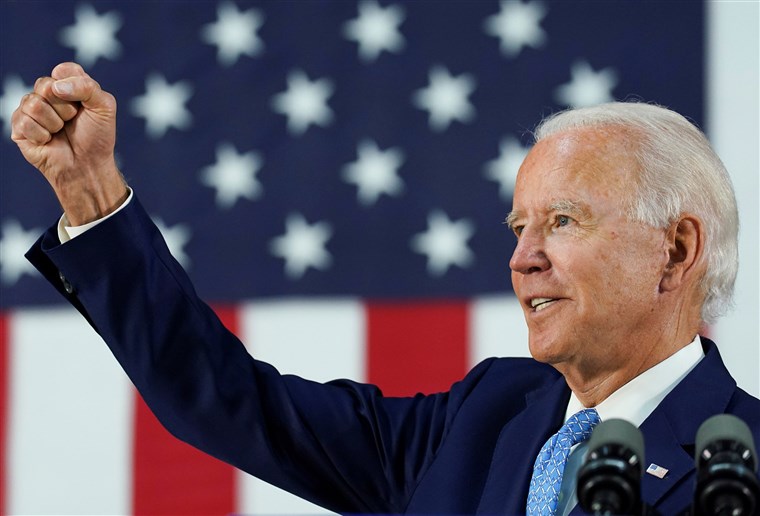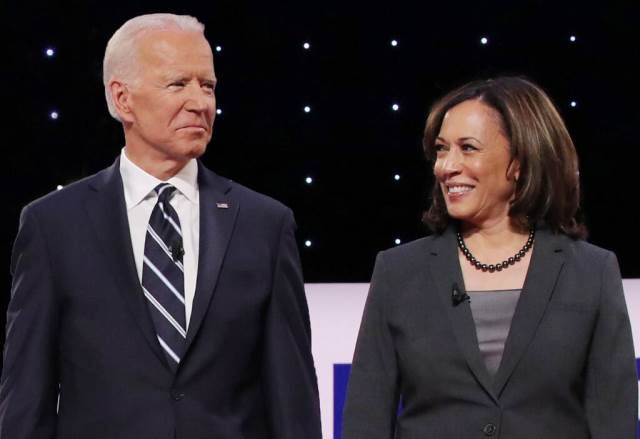US President Joe Biden will arrive in New Delhi on Friday and is scheduled to hold a bilateral with Prime Minister Narendra Modi, the White House informed.
Beginning Friday, Biden has a packed schedule for three days. After he departs from the US, he will arrive in Ramstein,Germany on Friday for a brief stop over and will arrive in New Delhi the same day.
The US President is scheduled to participate in a bilateral meeting with Prime Minister Narendra Modi on Friday, according to a White House press release.
On Saturday, Biden will participate in an official arrival and handshake with Prime Minister Narendra Modi. The US President will then participate in the G20 Leaders’ Summit Session 1: “One Earth”.
Later in the day, he is slated to take part in the G20 Leaders’ Summit Session 2: “One Family” of the G20. Biden will also participate in a Partnership for Global Infrastructure and Investment event. His day will wrap with a dinner and cultural program with G20 Leaders.
On Sunday, the US President will visit Raj Ghat Memorial along with other G20 Leaders.
Biden is then scheduled to travel from New Delhi to Hanoi, Vietnam.
There, he will participate in a welcome ceremony hosted by General Secretary Nguyễn Phú Trọng of the Communist Party of Vietnam. Biden will participate in a meeting with General Secretary Nguyễn Phú Trọng of the Communist Party of Vietnam. The US President and General Secretary Nguyễn Phú Trọng of the Communist Party of Vietnam will deliver remarks, following which Biden will hold a press conference, the White House said.
US President Joe Biden and Prime Minister Narendra Modi are expected to hold a discussion on the agenda of G20, particularly the economic cooperation and multilateral investment opportunities, that stand before it and can be on the American leader’s strong desire to see multilateral development bank reform and reshaping, a White House official said.
John Kirby, National Security Council (NSC) coordinator for strategic communications, also pointed out that there is very little possibility that PM Modi and President Biden will discuss on climate and the ongoing Ukraine war.
India assumed the G20 presidency on December 1 last year and about 200 meetings related to G20 were organized in 60 cities across the country.
The 18th G20 Heads of State and Government Summit in New Delhi will be a culmination of all the G20 processes and meetings held throughout the year among ministers, senior officials, and civil societies.
A G20 Leaders’ Declaration will be adopted at the conclusion of the New Delhi Summit, stating leaders’ commitment towards the priorities discussed and agreed upon during the respective ministerial and working group meetings. (ANI)
Read More: http://13.232.95.176/

